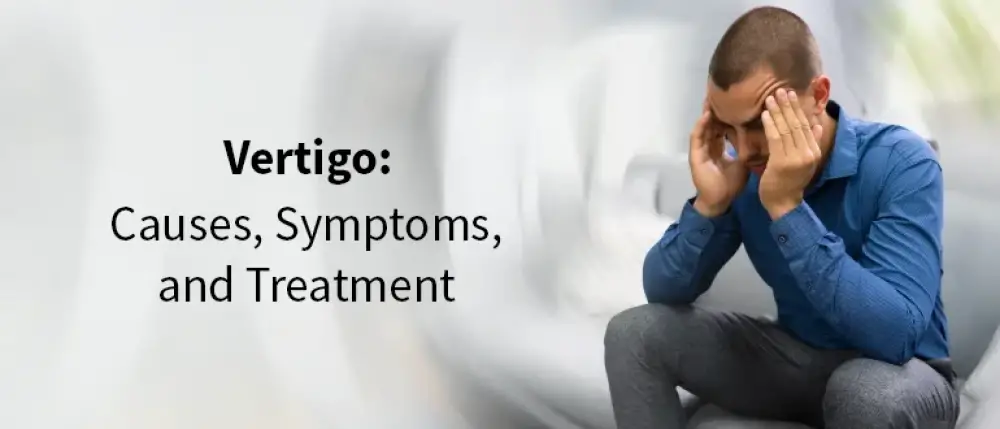Autoimmune Disorders and Vertigo: When the Body Attacks Balance
Autoimmune Disorders and Vertigo: When the Body Attacks Balance
Blog Article
Vertigo is a experience of rotating or faintness that often results in a a sense of disproportion. It can be a disconcerting and in many cases unbearable problem, affecting millions of people around the world. Understanding the causes of vertigo is essential for correct diagnosis and management.

Inside Hearing Problems
One of the main causes of vertigo relates to troubles inside the inside ear canal. The interior hearing has a crucial part to maintain balance through sensory enter to the brain. Conditions like Harmless Paroxysmal Positional Vertigo (BPPV) arise when little calcium crystals known as otoconia dislodge and drift in the wrong area of the ear canal canal. This displacement causes sudden and short bouts of vertigo, usually a result of modifications in brain placement.
Meniere's condition can be another inner ear problem related to vertigo. It involves abnormal water accumulation in the internal hearing, leading to ever-changing hearing problems, ringing in the ears (ringing within the ear), and strong instances of vertigo lasting hours.
Vestibular Migraines
For some men and women, vertigo could be a characteristic of vestibular migraines. These migraines impact the vestibular program, triggering episodes of vertigo as well as migraines or perhaps separately. The exact components linking migraines to vertigo are still simply being studied, but treatment frequently involves handling migraine triggers and signs and symptoms.
Labyrinthitis and Vestibular Neuritis
Labyrinthitis and vestibular neuritis are conditions that be a consequence of soreness of your inner ear canal or the vestibular nerve, respectively. Labyrinthitis typically comes from a popular contamination, resulting in vertigo, hearing loss, and often ringing from the ears. Vestibular neuritis, also viral in source, particularly influences the vestibular nerve, interfering with its operate and leading to severe vertigo that will last for time.
Nervous System Problems
A number of central nervous system ailments could also lead to vertigo. Several sclerosis (MS), by way of example, can harm the neural system that handle harmony and spatial orientation, contributing to vertigo among other signs and symptoms. Cerebrovascular event affecting the brainstem or cerebellum may also interrupt harmony and cause sudden onset vertigo, frequently accompanied by other nerve signs or symptoms.
Prescription drugs as well as other Leads to
Some drugs, especially those affecting the inner ear canal or vestibular system, can induce vertigo as a complication. These might involve a number of medicines, antiepileptics, and even some antidepressants. Additionally, go injuries or stress towards the the neck and throat can interrupt the balance bodily organs or perhaps the nerves that communicate stability details to the human brain, leading to vertigo.
Analysis and Remedy
Identifying the underlying source of vertigo typically requires a comprehensive medical history, bodily examination concentrating on equilibrium and sychronisation, and quite often imaging or vestibular operate checks. Therapy varies in line with the cause but usually consists of medicines to handle signs, physical rehabilitation to enhance stability and lower signs, and changes in lifestyle to avoid causes or exacerbating elements.

To conclude, although vertigo can develop from numerous root situations, knowing its brings about is essential for successful administration. In the event you or someone you know experience repeated or extreme vertigo, searching for medical attention promptly might help identify the root cause and initiate correct treatment method to further improve quality of life and lower symptoms. Generally talk to a doctor for personalized analysis and administration methods designed to specific needs. Report this page